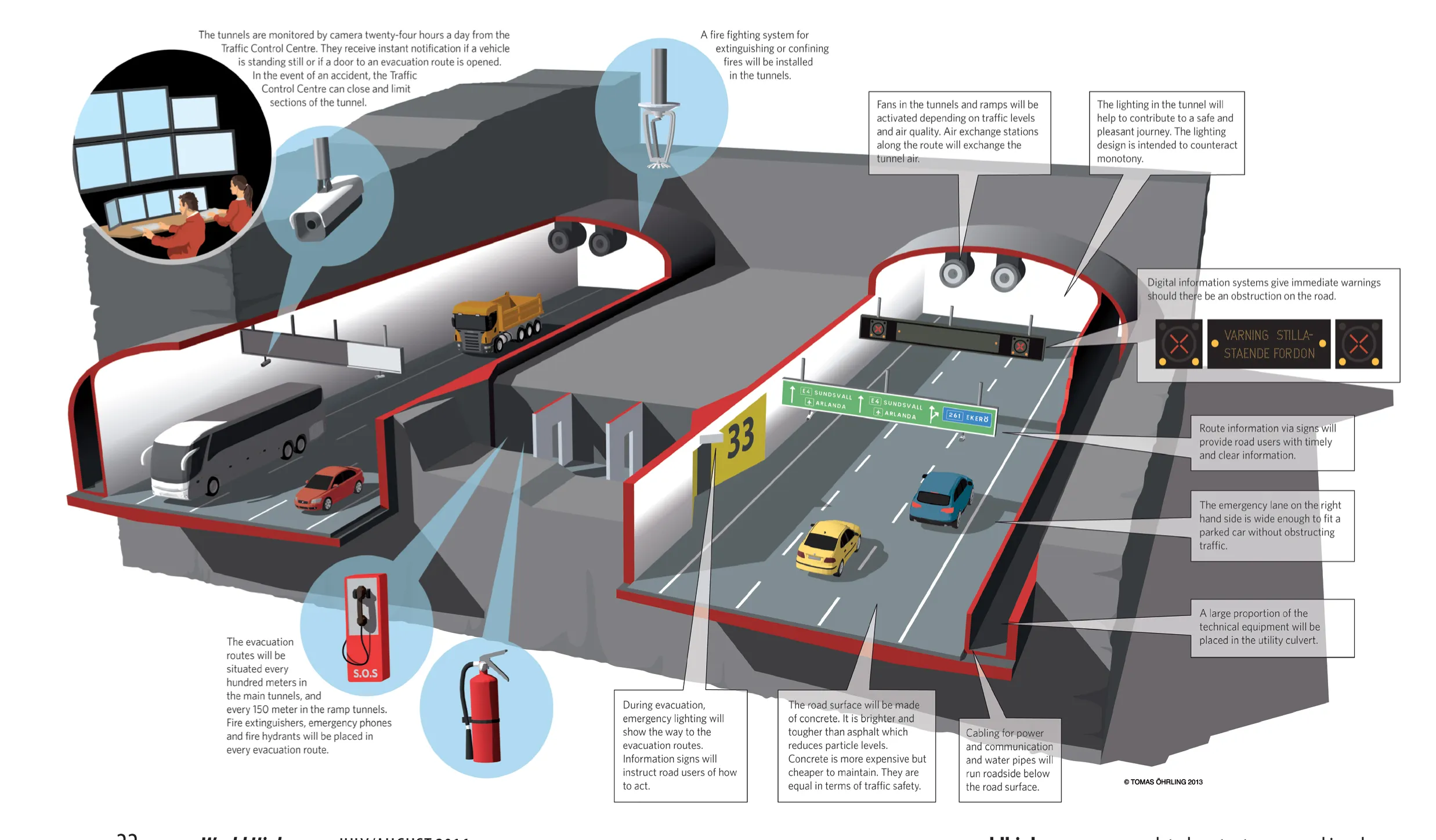A proposal for an orbital tunnel in UK capital London has been put forward and is now being evaluated. The plan calls for a 35km underground ring road in central London that would carry traffic around the city, in a bid to help reduce the capital’s current chronic congestion. Called the Inner Orbital Route, the tunnel project has an estimated cost of €36.8 billion (£30 billion) and would also include two new crossings of the River Thames. Transport for London (TfL) has been tasked with the job of evaluating
May 14, 2014
Read time: 2 mins
A proposal for an orbital tunnel in UK capital London has been put forward and is now being evaluated. The plan calls for a 35km underground ring road in central London that would carry traffic around the city, in a bid to help reduce the capital’s current chronic congestion. Called the Inner Orbital Route, the tunnel project has an estimated cost of €36.8 billion (£30 billion) and would also include two new crossings of the River Thames. 2387 Transport for London (TfL) has been tasked with the job of evaluating the feasibility of such a project by London’s mayor, Boris Johnson. The reasoning behind the proposal is that forecasts believe traffic volumes could jump 60% in London’s already congested centre by 2031, with congestion climbing 15-25% in away from the centre of the city.
Constructing a multi-lane road tunnel in central London would be an extremely challenging task however, due to the presence of the numerous underground ‘tube’ lines and underground rail links, as well as various utilities and services. Building the entrance and exit ramps into an underground road tunnel system would also be challenging and would be likely to cause even greater traffic disruption than the construction of the tunnel itself. It is not clear how much notice the cost estimate pays with regard to the many existing underground tunnels and it seems highly probable that the price of a road tunnel would escalate rapidly should the concept be accepted.
Constructing a multi-lane road tunnel in central London would be an extremely challenging task however, due to the presence of the numerous underground ‘tube’ lines and underground rail links, as well as various utilities and services. Building the entrance and exit ramps into an underground road tunnel system would also be challenging and would be likely to cause even greater traffic disruption than the construction of the tunnel itself. It is not clear how much notice the cost estimate pays with regard to the many existing underground tunnels and it seems highly probable that the price of a road tunnel would escalate rapidly should the concept be accepted.






